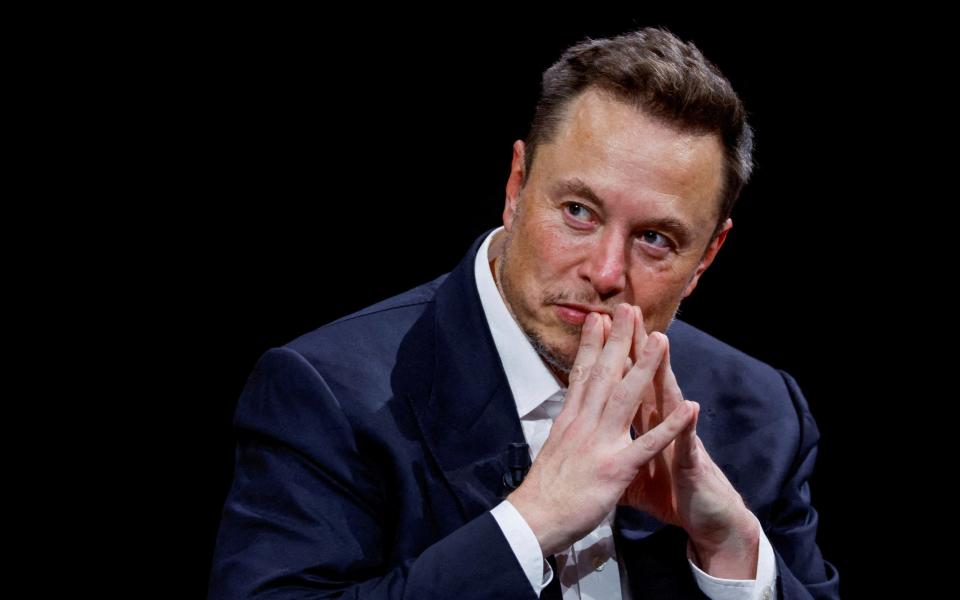Tesla cars only reach half the range advertised, drivers claim

Elon Musk’s Tesla is facing a legal battle with drivers over claims the company falsely advertised how many miles its electric cars can travel on a full battery.
Three Tesla owners have proposed a class action lawsuit in the US alleging that their cars failed to achieve their advertised ranges and that the company had failed to address complaints.
James Porter, one of the plaintiffs who owns a Model Y, said that on one trip he “lost approximately 182 miles of range – despite only driving 92 miles”.
The lawsuit alleges that Tesla breached vehicle warranties and engaged in fraud and unfair competition.
It states: “Had Tesla honestly advertised its electric vehicle ranges, consumers either would not have purchased Tesla model vehicles, or else would have paid substantially less for them.”
The complaints highlight the growing phenomenon of range anxiety, where electric vehicle owners fear their battery will not have enough charge to make it to their destination, leaving them stranded.
The fear is particularly acute in places where electric car charging points are few and far between, and is considered a barrier to faster uptake of the new technology.
It is not the only legal claim Tesla’s owner Musk is facing.
X, Musk’s new name for Twitter, is being sued by a major French news agency for allegedly refusing to pay for featuring news content.
Agence France Presse (AFP) claims in the Paris lawsuit filed on Wednesday that X, Musk’s new name for Twitter, failed to negotiate with the newswire as required under French law.
Since 2019 France has had a news bargaining code forcing Big Tech companies to pay news publishers in return for using their content.
This is bizarre. They want us to pay *them* for traffic to their site where they make advertising revenue and we don’t!?
— Elon Musk (@elonmusk) August 3, 2023
AFP said: “This move is aimed at compelling Twitter, in accordance with the law, to provide all the necessary elements required for assessing the remuneration owed to AFP under the neighbouring rights legislation.”
Mr Musk said the claim is “bizarre” as he responded to a tweet about the lawsuit.
“They want us to pay *them* for traffic to their site where they make advertising revenue and we don’t!?” he posted on Thursday morning.
Tesla’s legal battle comes after it was claimed that the company had created a so-called “Diversion Team” in Las Vegas to block customers from making complaints about the range of their electric vehicles.
Reuters also reported that Tesla rigged the algorithms for its dashboard range meter to show “rosy” projections of how far the car could travel on a full battery.
The order to provide the optimistic range estimates is said to have come directly from Mr Musk.
The new complaint is seeking class-action status to represent everyone in California who has bought a Tesla Model 3, Model S, Model Y or Model X. It seeks unspecified damages.
It is not the first time Tesla has been hit with lawsuits and regulatory scrutiny over claims made about the safety and performance of its cars.
Mr Musk and his company have been sued over allegations the effectiveness and safety of Tesla’s autopilot and full self-driving technologies were exaggerated.
Another proposed class action lawsuit accuses Tesla of violating customers’ privacy over claims employees had shared sensitive images and videos captured by the cars’ cameras.
Tesla did not respond to a request for comment.

 Yahoo Finance
Yahoo Finance 